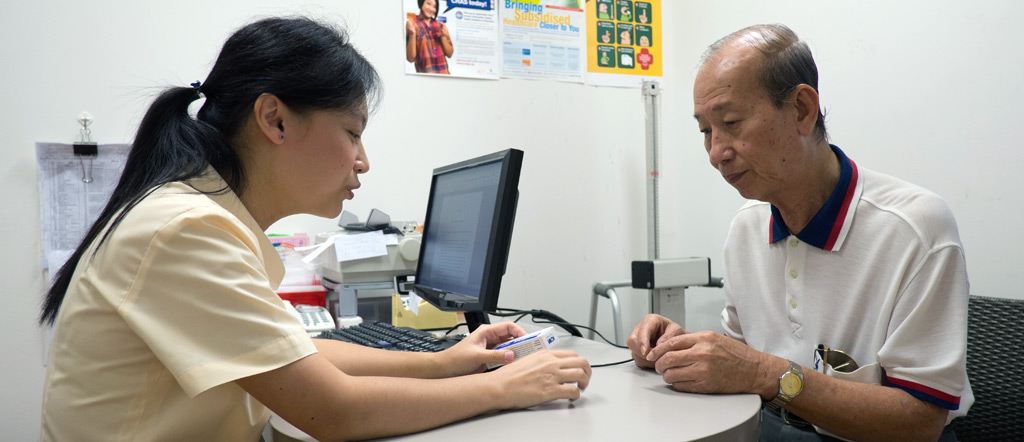
Frail Care
How to avoid serious illness
A large number of people 65 years and older have at least one chronic health condition.
How to cope with menopause
Menopause is a normal physiological process that occurs in women over 40.
How to deal with chronic pain
The older person is at higher risk of chronic pain from many degenerative conditions, such as those involving the joints and lower back.
How to deal with sleep problems
Up to 50% of the elderly complain of insomnia, but although such complaints are prevalent and are often accompanied by higher rates of mental and physical health problems, sleep problems are usually not identified or managed appropriately.
How to exercise safely
Exercise does not need to be strenuous to achieve health benefits. Men and women of all ages benefit from a moderate amount of daily exercise.
How to get started on exercise
Steps to get started on exercise and the benefits of it.
How to manage your medications
Tips on safe use of medication and ways to help you remember your daily medication.
How to engage seniors to plan for future care
Pointers on Healthcare Proxies and Advance Care Planning.
How to get help on community support services
When an older relative needs care that the family cannot easily provide, community-based services are available to provide help.
How to prevent falls
An injury from a fall can limit an older person’s ability to lead an active, independent life. Each year, thousands of older men and women are disabled by falls in the home. One third of those age 65 or older suffer one or more falls a year; half of those who fall will fall again! The older you are, the higher the likelihood of falling.
How to recognise dementia
5 Signs and Symptons of Dementia.
How to recognise depression in seniors
Warning signs of depression in seniors.

